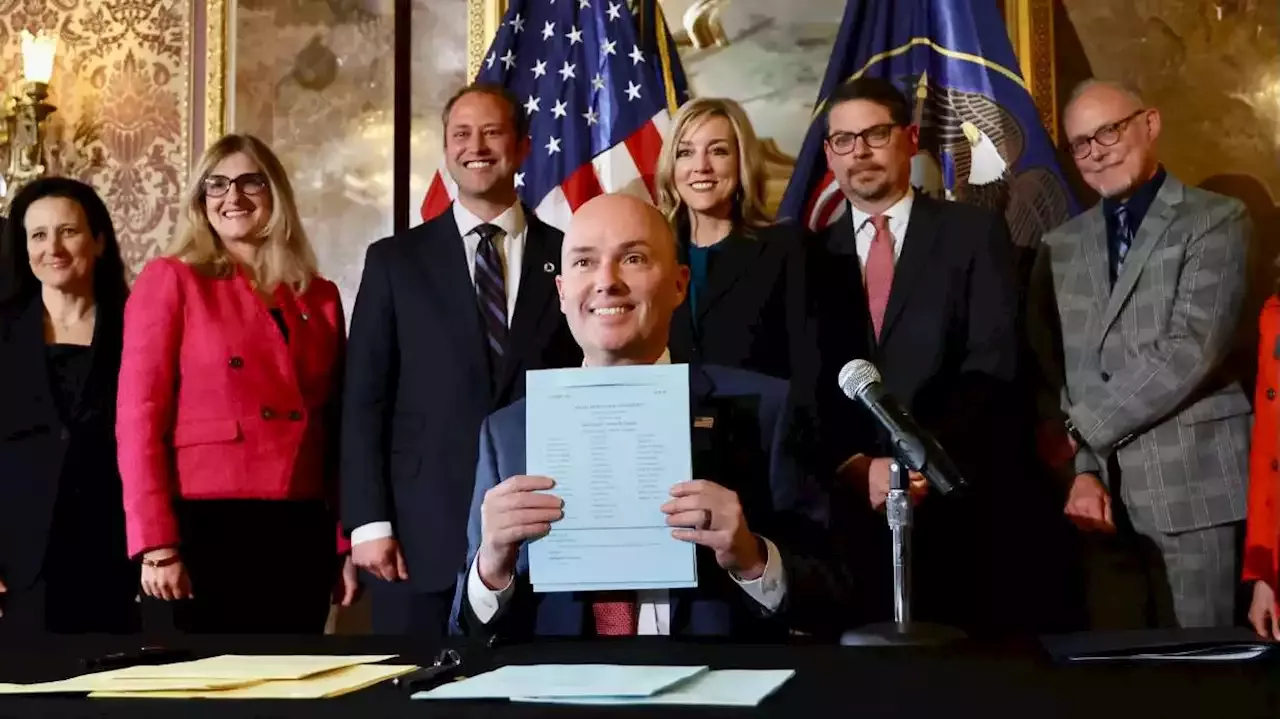Utah Governor Spencer Cox has signed a wide social media bill requiring express parental authorization for anybody under 18 to use platforms like TikTok, Instagram, and Facebook. He also signed a law that prohibits social media companies from employing tactics that could encourage young people to become “dependent” on the websites.
The former is the first state legislation in the US to prohibit kids from accessing social media without a parent’s consent. Despite criticism from civil rights organisations, the state’s Republican-controlled legislature enacted both laws earlier this month.
Republican Cox tweeted, “We’re no longer willing to let social media companies continue to harm the mental health of our youth.”
Provincial and federal legislators are debating the effects of social media on youngsters more and more. The CEO of TikTok testified before Congress the same day Cox signed the laws in Utah, addressing issues with national security, data privacy, and the mental health of young users.

New laws and plan of Utah
Parents or guardians could see all of their children’s posts under the new rule forbidding minors from using social media without their approval. Between 10.30 p.m. and 6.30 a.m., the platforms must prevent users under 18 from accessing accounts unless parents change the settings.
The restrictions also forbid social media businesses from aiming material towards minors, gathering data about them, or advertising to them.
The Utah statutes and other laws must show how the states intend to police the new rules.Businesses are already prohibited from collecting data on children under the age of 13 without their parents’ consent under the federal Children’s Internet Privacy Protection Act. Because of this, social media companies presently forbid users under the age of 13 from signing up for their services. Yet, minors may get past this restriction, with and without their parent’s approval.
Age verification has been made mandatory
Concerns about such rules preventing marginalised kids, particularly LGBTQ+ teenagers, from accessing internet support networks and information have been expressed by civil rights organisations.
Tech organisations have also criticised the restrictions. According to Nicole Saad Bembridge, an associate director at the tech lobby group NetChoice, “Utah will soon require online services to collect sensitive information about teens and families, not only to verify ages but to verify parental relationships, like government-issued IDs and birth certificates, putting their private data at risk of breach.”
“These laws also infringe on Utahans’ first amendment rights to share and access speech online – an effort already rejected by the supreme court in 1997.”











